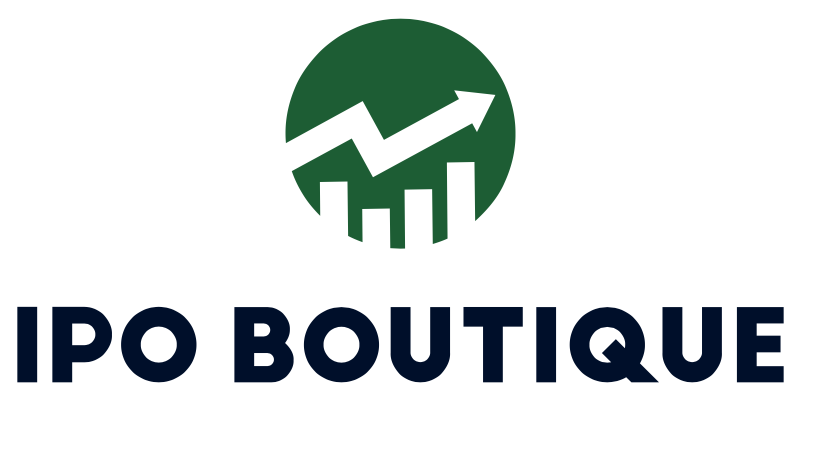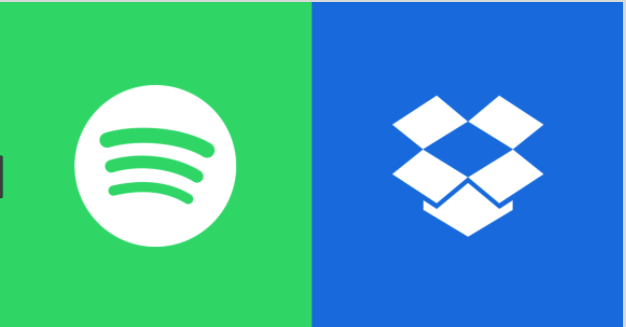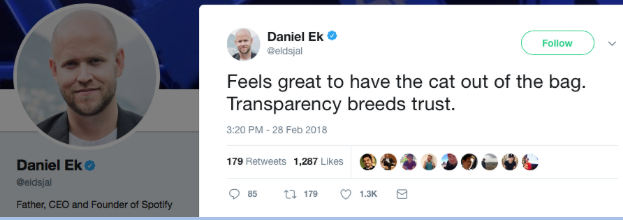The last seven days have given a breath of fresh air to the IPO market in the form of two unicorns with $10bn+ private valuations — Spotify and Dropbox.
And the two are going public in polar opposite fashions.
Dropbox is coming to the table as nearly all companies going public have in modern history. The company hired bankers, are preparing a roadshow, engaging key investors and analysts on their terms. It’s somewhat of a coronation for leaders of a public company to sit at the table with investors that are large investors- and get them on board with your idea.
Here is the link to the Dropbox IPO Filing.
Microsoft, Amazon, Facebook, Twitter, Alibaba Tesla…. (the list goes on forever) have all completed a traditional IPO — for better or for worse.
But leave it to Spotify to re-write the “IPO playbook” for the rest of us that have been doing it “wrong”… the entire time.
Spotify plans to do a direct listing on the NYSE which would essentially make every outstanding share available for sale with no lock-up, with the exception of the Tencent 7.5% stake that finalized in December 2017.
The Wednesday 2/28 filing is subject to a 15-day standard regulatory review process. Goldman Sachs, Morgan Stanley and Allen & Co. are designated market maker’s but will have no part in building a book or marketing the offering. Morgan Stanley will help set the opening price. Spotify states they will not conduct a traditional roadshow but will engage in certain investor education meetings.
It could be that Spotify believes they have “courted” enough investors in the private market that they will be able to do their bidding. Nobody can doubt the success that this company has had in growing their business from top-line revenue and margin numbers ( €4,090 million revenue in 2017 with 21% margins) and translating that into an inflated valuation. Spotify shares have traded privately this year between $90.00 and $132.50, implying a basic market cap of $15.9 billion to $23.4 billion.
But it is our opinion that the company owes its current shareholders the best opportunity to cash out. Yes, in the short term the company will likely price the offering at a discount. But that gives the ‘big-fish’, the ones that may likely hold Spotify shares in long term funds for possibly years-and-years, a chance to start with a 10% or 20% advantage. Many times, fund managers will consistently add to their winners to ‘complete a position’. This drives up the stock and will allow early investors an orderly exit to their private investment.
And possibly a bigger issue that will face Spotify over the next couple of weeks and months is ‘shunning’ of the investment banks. While Goldman Sachs, Morgan Stanley and Allen & Co are making some money off the listing, it is a “highly likely” a far cry compared to what a typical IPO fee would generate. In a sense, Spotify has pitted itself against the analysts and the underwriting entities they represent.
And given that Spotify operates in an ultra competitive streaming music industry, it is likely to bring an array of doubt and skepticism from traditional Wall Street.
CEO of Spotify, Daniel Ek, tweeted this after the filing officially hit the SEC.
You know what also breeds trust? Not going rogue on your early investors in the final and utmost important step as a private company.


